【文化释说英文有声书】第五篇 心光明到极处就是佛 (一)上
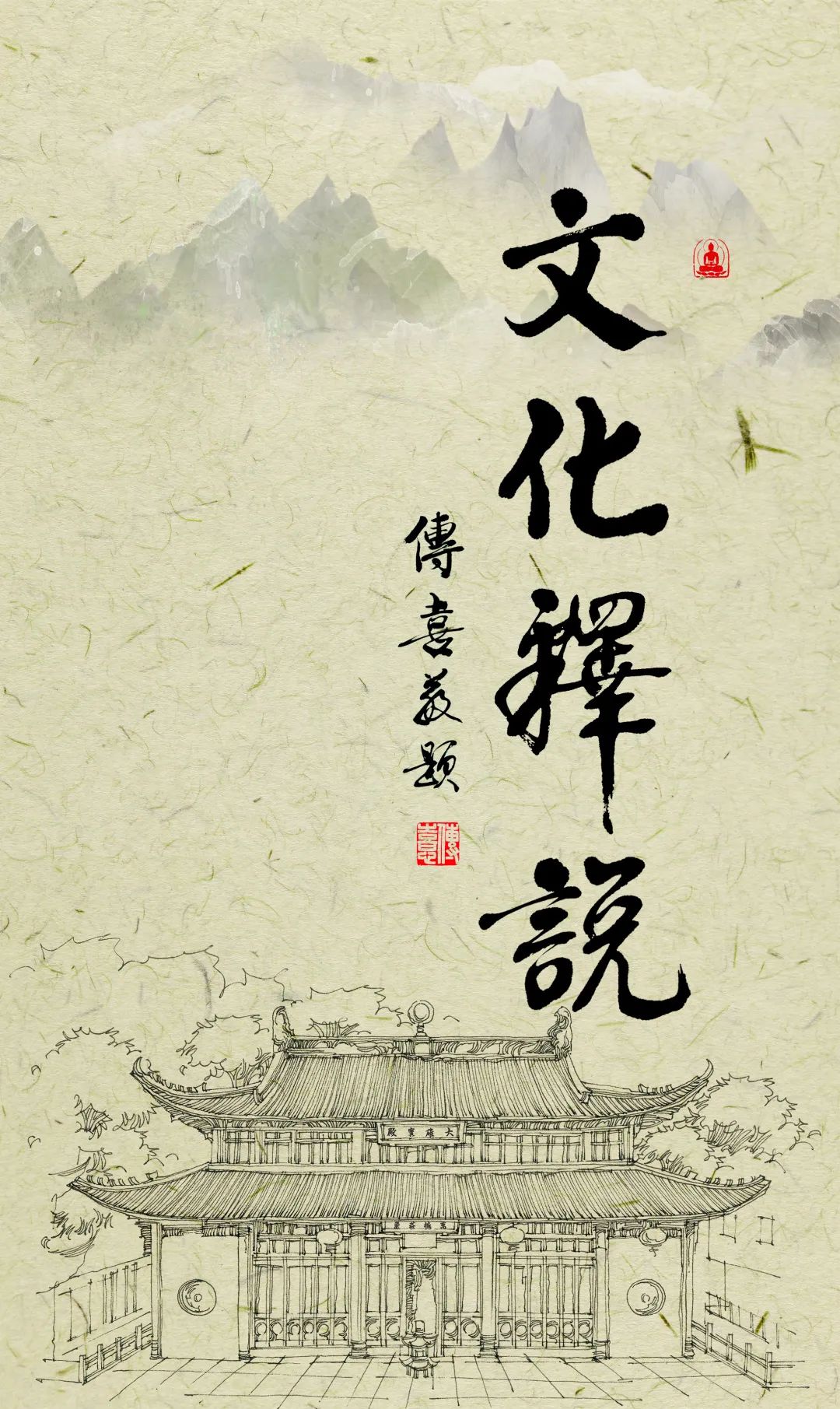
一、心光明到极处就是佛
One – The heart is the Buddha when it is fully illuminated

大家下午好 !
Good afternoon, everyone!
有没有发现我们有很多共同点?这是什么知道吧?这是“链子” (师父手中拿着念珠), 为什么要挂这个呢?因为我们的心,我们的 心要安放在胸中。我们大家都会想心有所依,或者说每一个人心里都 有许多牵挂 , 戴上“链子”,心会感到安稳。说话之间 , 刚才看到的 那些已成过去,我们现在的心放在哪儿?心灵里面有没有光明?心灵 里有没有黑暗?其实,心灵中有光明也有黑暗。
Have you noticed that we have many things in common? Do you know what this is? It is a rosary. Why do we wear it? This is because our heart (equivalent to the mind) rests within our bosom. Everyone of us inclines to a certain thing in mind; or rather, we all have many mental attachments. When we wear this rosary, we will feel peace of mind. In the midst of speaking, what we saw just now has already become the past. Where shall we abide our mind? Is there illumination in our spiritual being? Or is there darkness? In fact, there is both illumination and darkness in our spiritual being.
人从佛教的理论说:“一切众生皆有佛性。”每一个人心里都有 光明,就是我们有时候没有注意保护自己心里的光明。如果我们保护 它,让它放大,光明到极致。我们说一个圆满的人就是佛,所以佛是 人可以做的。
Based on Buddhist doctrines, all myriad beings possess Buddha-nature. There is brightness in everyone’s mind. It is just that sometimes, we fail to see to it that it is being protected. If we do protect it, it becomes brighter such that it reaches full illumination. We call the perfect person a ‘Buddha’; hence, it is possible for a human being to become a Buddha.
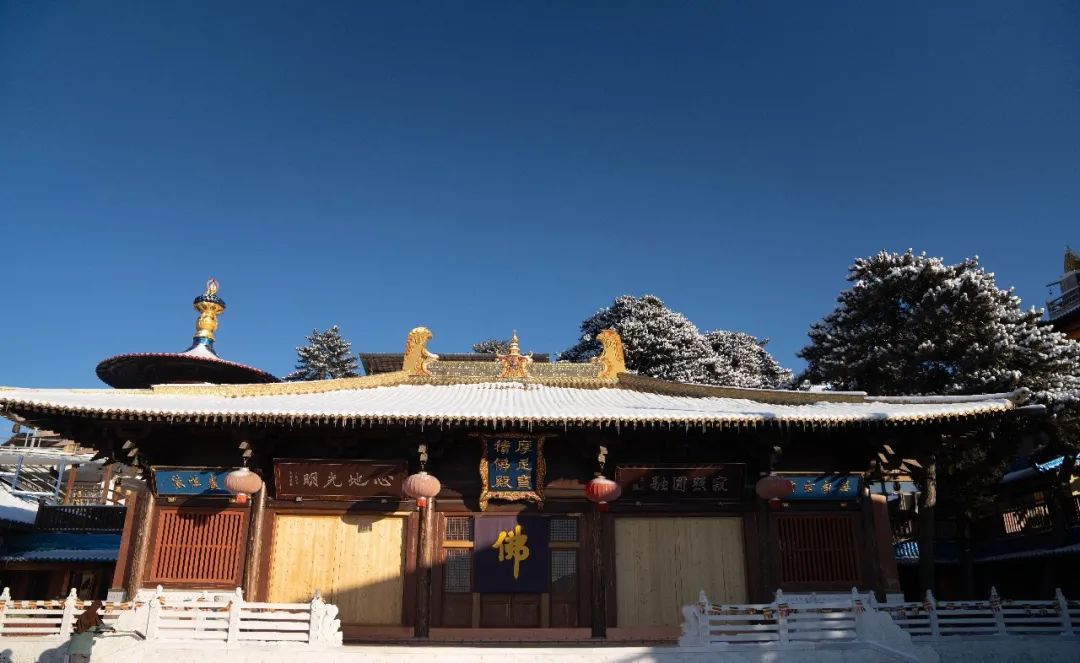
我们所在的地方超过七千年的文明,有大量的出土文物,七千年 前我们的祖先就在这里繁衍生息,产生了闻名世界的龙山文化。老一辈考古学家吴金鼎先生就是潍坊安丘人,是他发现了龙山文化和黑陶。吴先生第一次到城子崖考察,一下看到河边城垣间有东西反光,到近 处查看,发现了黑陶。后人形容黑陶薄如壳、黑如炭、亮如镜,所以 叫蛋壳陶。这种陶器制作水平很高,一直到 2008 年才有人把它比较 好地模仿出来,这说明我们老祖先创造的文明了不起。我们都知道三 皇五帝,也知道尧舜禹。舜帝就是我们山东潍坊诸城人,出生在贫穷 人家里。他父亲失明,眼睛看不见,母亲则在他年幼时就去世了,后来父亲又续弦,生了个弟弟。由于经济条件比较差,后母为了照顾自 己亲生儿子,平时就不善待舜。因为他的父亲眼睛看不见,没好吃没 好穿的,但即便如此,舜帝从来不在父亲面前诉苦,从来不说后母不好。
This place we are in has a civilization which is more than 7,000 years old, and a large amount of archaeological finds have been discovered here. It was here 7,000 years ago that our ancestors procreated and gave rise to the world famous Long Shan culture. It was Wu Jin-Ding, an archaeologist of the previous generation who was from Weifang, Anqiu, who discovered the Long Shan and black pottery culture. When Mr. Wu first arrived at Chengziya to conduct his archaeological excavation, he noticed immediately the shimmers of light in between the ancient city walls near the river. He went closer to inspect and found black pottery. People have described black pottery to be thin like eggshell, black like charcoal, and shiny like mirror. Hence, it is also called eggshell pottery. The making of such pottery was so highly-skilled that it was only in 2008 that someone managed to replicate it in a satisfactory manner. This goes to show that the civilization that our ancestors had created is amazing. We all know the Three Sovereigns and the Five Emperors, and Emperors Yao, Shun and Yu. Emperor Shun was from Weifang, Zhucheng in Shandong. Born into poverty and to a father who was blind, his mother passed away when he was still at an early age. When his father later remarried and his younger brother was subsequently born, he was ill-treated often by his step-mother who devoted her care to her own son due to the difficult financial conditions. As his father was unable to see, Emperor Shun did not have enough food to eat and adequate clothes to wear. In spite of this, he had never complained in front of his father nor had he ever spoken ill of his step-mother.
就算这样,舜忍饥挨饿,还要干重活、苦活。在家里孝敬父母、照顾弟弟。这个后母到了什么程度呢?她索性想把舜害死。她让舜帝挖井,我们潍坊这边土质很厚的,舜帝一边挖井,他的后母跟他弟弟 在上面赶快就填土,把他给活埋在井里,打算害死他,这样遗产就是她的了,她的亲生儿子就可以做老大了。
As the way things were, Shun still had to do heavy and laborious chores despite the hunger he had to endure. He was filial to his parents at home and caring towards his brother. To what extent had his step-mother ill-treated him? She decided to cause his death altogether. He made Emperor Shun dig a well, out of the earth here in Weifang which is very tough. While Emperor Shun was digging, her step-mother and his brother quickly heaped earth upon him to bury him inside the well. His step-mother had planned to kill him so that she could have the family property wholly to herself and also make her own son the only one in the family.
舜被埋在地下,自己抠挖出一个洞才得以逃生。逃出来之后,还 是不跟他父亲讲,还是像以前一样孝敬他的母亲,善待这个弟弟。他 对父母的德性感动天地。我们中国说“德重鬼神钦”,连鬼神都敬重舜, 老百姓都被他感动。所以舜所在之处天上就有彩云,他走到哪里自然 就有人跟随,他的亲和力就会感召别人都聚拢到他周围,别人都乐意 跟着他一同过日子。
Having been buried, Shun dug himself out of the well. He did not relate the incident to his father subsequently even though he had managed to escape death, and like before, he continued to be filial to his step-mother and treated his brother well. The moral behaviour he displayed towards his parents moved the heaven and the earth. We Chinese say ‘the ghosts and the deities look up to one who has strong morals’. Even all the ghosts and deities respected Shun, and the ordinary folk were all moved by him. That was why there would always be radiant clouds wherever Shun was, and people naturally followed him wherever he went. His amiability made people want to get near him and to happily lead life in the same manner he did.
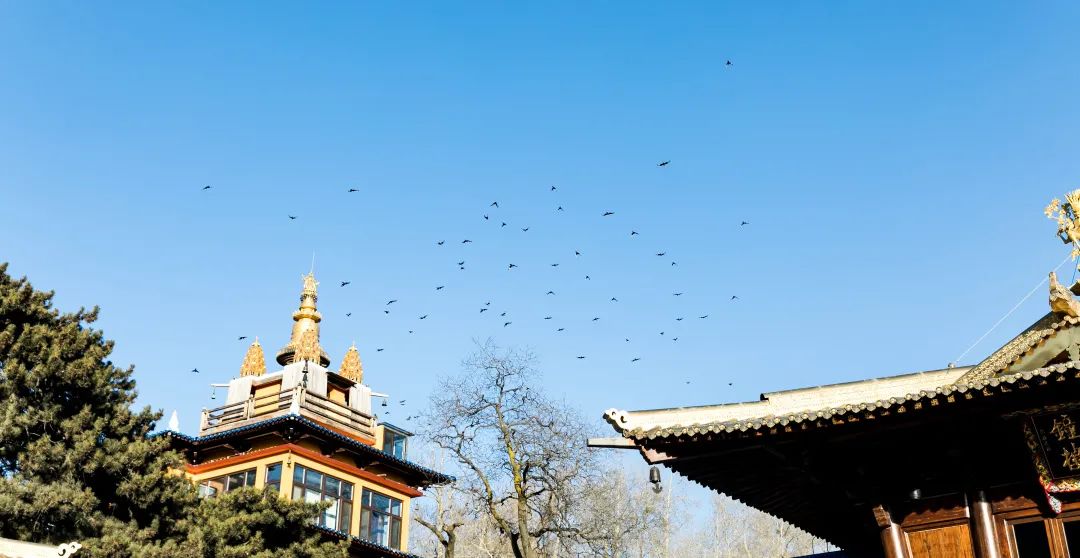
当时尧帝询问百官说:“你们说说看,我统治的天下有没有特殊 的人才呢?”结果下面的百官纷纷地叙说舜的德行。尧帝听后心想, 天下还有这样子的人 , 我要见一见 , 就召见了舜。见了之后,舜的德 行果然像人们传扬的那样高尚 , 他的气场连尧帝都能感动。这一年舜 已经 30 岁了,但是在家里没好吃没好穿,更没有机会讨媳妇。尧帝 看到他这么好,就把自己的两个亲生女儿嫁给了舜,30 岁这年,舜终 于结了婚。
Once, Emperor Yao asked of his officials who numbered in the hundreds, ‘Let me hear from you whether there is anyone in this kingdom I rule who is especially capable.’ In the end, these officials invariably mentioned Shun’s moral conduct. Upon hearing that, Emperor Yao thought to himself, ‘If there is still such a person in this world, I wish to see him.’ He went on to summon to see Shun. After having seen him, even Yao was also moved by Shun as the latter’s conduct was indeed morally impeccable like what people have commended of him. Although Shun was already 30 years old at that time, he was living with limited means and had not the opportunity to get married. Seeing that he had such a fine character, Emperor Yao offered his two daughters in marriage. At the age of 30, Shun finally got married.
舜 30 岁才结婚,但一结婚就娶了两个妻子,都是尧帝的公主。舜的孝行感天动地,也感动了老百姓,尧也被他感动,然后就分配工作给他干,分配什么他都能完成得非常好。事做得好,人人都钦佩他, 愿意跟他打交道,愿意跟他合作,甚至愿意追随他。
When Shun got married only at the age of 30, he had two wives who were both daughters of Emperor Yao. Shun’s filial piety touched the heaven and the earth, and the common folk. Shun completed very well the tasks to which he had been assigned by Yao who had also been touched by him. He was respected by everyone and all were fond of making his acquaintance, working together with him, and following after him.
这样子锻炼了 20 多年,一直到舜 58 岁的时候,尧帝驾崩。但是尧帝不把自己的位子传给儿子,他传下遗嘱说:“我要把我的皇位传给舜。”但是舜他推辞不要。虽然到 58 岁尧帝去世了,但是又过了 3 年,一直到舜 61 岁,天下百姓、各部落首领,一致地恳请他坐上皇位, 他没有办法,才在 61 岁正式登基。
This was how Shun trained himself for more than 20 years until he was 58 years old when Emperor Yao passed away. Instead of passing the throne to his son, Emperor Yao willed for it to be given to Shun. However, Shun declined. It was not until three years later when he was 61 that at the earnest appeal of everyone of the citizenry and the tribal leaders, Shun had no choice but to acquiesce and assume the throne formally.
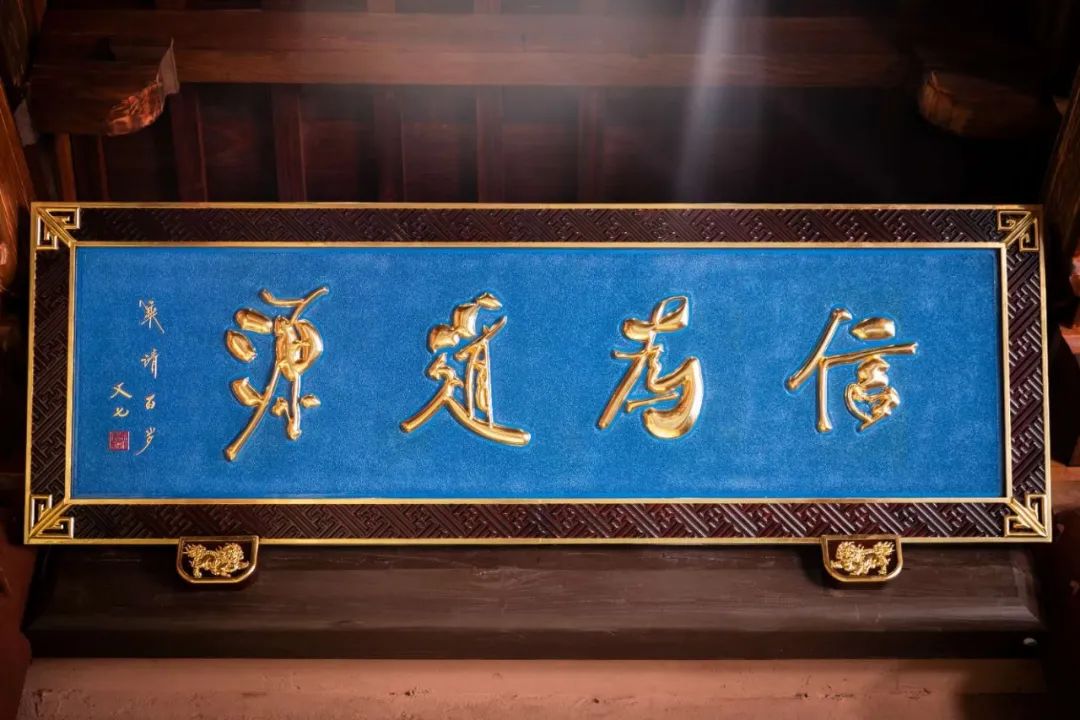
登基之后 , 舜爱民如子,成为中国的“三皇五帝”之一,更是中华五千年文明的一个模范人物。他的大孝感动天地,他的大仁大德成为我们炎黄子孙的楷模。舜一直执政 48 年,活到 110 岁。110 岁时还 视察民情,走到今天的湖南的南边,死在途中, 死在工作岗位上 , 并葬在了那里。
Upon ascending the throne, Shun loved his subjects as if they were his children, and he became one of the Three Sovereigns and Five Emperors. More importantly, he is a model figure in the 5,000 year-old Chinese civilization. His great piety moved the heaven and the earth, and his great benevolence and morality has become the epitome for us descendants of Yan and Huang. Shun was emperor for 48 years and lived to be 110 years old. At that age, he still went on observational trips and travelled to the southern part of modern day Hunan. He died midway carrying out his official duties and was buried there.
舜帝也没有把位子传给自己的儿子,请问,舜帝把皇位传给了谁? 传给了治水有功的大禹。我们知道大禹为了治理水患三过家门而不入, 以天下为己任,舜帝就把自己的王位就传给了禹,成就了大禹王。大禹王的儿子夏启建立了夏朝,禅让制从此消失,世袭制登上历史舞台。
Emperor Shun did not pass his throne to his own son. Who did he pass it to? He passed it to the Great Yu who successfully controlled the floods. We know that the Great Yu had put the world before himself because he had thrice passed by his home without entering while trying to control the floods. Emperor Shun handed his throne to Yu and the latter became Emperor Yu the Great. The system of abdication in favour of someone capable came to an end when Xia, the son of Emperor Yu the Great, founded the Xia dynasty; and this made way for hereditary monarchy to make its entrance onto the stage of history.
三皇五帝时,天下为公,谁有德性、谁有才华,任人唯贤。但是 禹让自己的儿子继承了王位。所以在中华民族几千年的历史当中,推崇的就是前面这几位,尤其是尧和舜,没有自私自利。
During the time of the Five Sovereigns and the Three Emperors, the only criterion for public office was virtue – only those who possessed a sense of morality and who were talented were selected. However, Yu let his own son inherit the throne. This is why it has always been these first few emperors and especially Yao and Shun in the few thousands of years of Chinese history who are being lauded. This is because they had not sought to benefit themselves only.
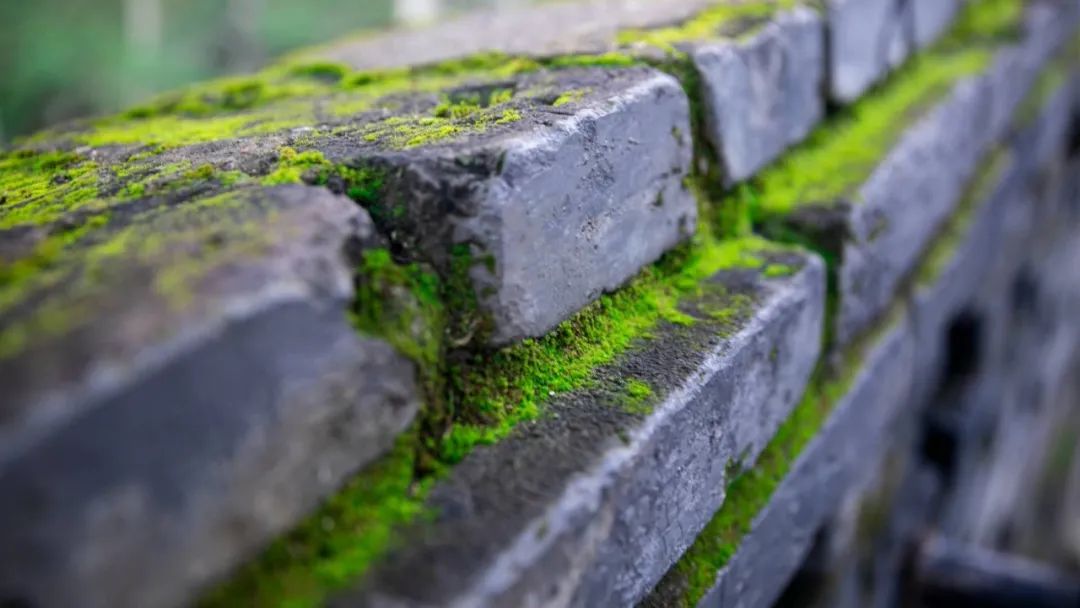
我们知道《封神榜》这本书中,描写了一段商朝故事。商的最后一代皇帝纣王,居住在国都朝歌。纣王的天分是很高的,能文能武, 可惜德行没有修好。他做过什么样的事呢?他跑去祭祀天神的时候看到一个女性天神,起了色心,他说:“我老婆要是这么漂亮就好了。” 这位天神就是女娲,她决心惩罚纣王:“身为人王,不知道自我约束, 你应当做天地的道德模范,你来祭拜我,却起了色心。”
We know from the The Investiture of the Gods about the story that happened during the Shang Dynasty. Zhou, the last Shang emperor, resided in the capital, Zhaoge. Emperor Zhou was highly talented and was capable both as a scholar and as a warrior. However, he was lacking in his moral conduct. What had he done? During the time he was performing worship to the heavens, he was sexually attracted to a female deity he had seen. He thought to himself, ‘How nice would it be if my wife were to be as beautiful!’ This deity was in fact Nü
Wa. She made up her mind to punish Emperor Zhou as she felt that as king among men, he should have known how to exercise self-discipline and show himself to be an exemplar of morality to the world. Instead, he gave rise to sensual thoughts when he had come to worship her.
女娲就派地上的一个狐仙去祸害纣王。狐仙在哪呢?就在现在的河北境内,保定市涞源县那里。
Nü Wa then sent the fox spirit to bring misfortune upon Emperor Zhou. Where can we find the fox spirit? It can be found within the borders of present Hebei, in Laiyuan county in the city of Baoding.
到现在那边还有狐仙庙。纣王娶亲的时候,本来要嫁给他的女子 并不愿意嫁给他,在半路上就去世了。半路死后,狐仙就附在了这个女子的身上。这个女子活过来之后嫁入皇宫,这个新娘子就是妲己。她貌美如花,还十分狐媚,令纣王花天酒地,不理朝政。甚至出现了 什么样的事情呢?纣王弃先祖之乐,启用淫声;用炮烙之法。纣王竟 然残害忠臣,重用奸人。后来的周文王也是受害者。文王因为禀报纣王, 跟他反映真实情况,后来被妲己陷害,纣王将他判刑,文王坐了八年监狱。
There is until now still a temple of the fox spirit there. Just before Emperor Zhou got married, his wife-to-be who was unwilling to marry him died halfway through her trip. The fox spirit then attached itself to her body such that she was brought back to life and was subsequently able to be married into the royal household. This bride was Da Ji. She had astounding looks and was extremely bewitching, so much so that she caused Emperor Zhou to become indulgent in the pleasure of the senses such that he neglected his official duties. How bad had the situation gotten? Emperor Zhou not only abandoned the music of his ancestors in place of the sounds of debauchery, he also employed inhumane methods of torture. Emperor Zhou even cruelly harmed those officials who were loyal to him and heavily relied on those who had ulterior motives. In the end, King Wen of Zhou was one of those who were being victimized. He had wanted to present the facts to Emperor Zhou during his audience with him; but he was maligned by Da Ji and was sentenced by Emperor Zhou to eight years’ imprisonment.
但是文王在八年监狱生活中,体悟了人天的大道,发明了《周易》。他在监狱里运用才华,发明了《周易》。他出狱之后,遇到姜子牙, 一步步建立了周朝。而姜子牙后来创立了齐国,齐国就包括今天的潍坊。
However, King Wen was enlightened to the Great Path of Man and Heaven during his prison life that lasted eight years and wrote the Book of Changes. In his imprisonment, he had made use of his talents to write the Book of Changes. He met Jiang Zi-Ya upon his release, and painstakingly founded the Zhou Dynasty after that. Jiang Zi-Ya subsequently founded the State of Qi which included modern-day Huaifang.
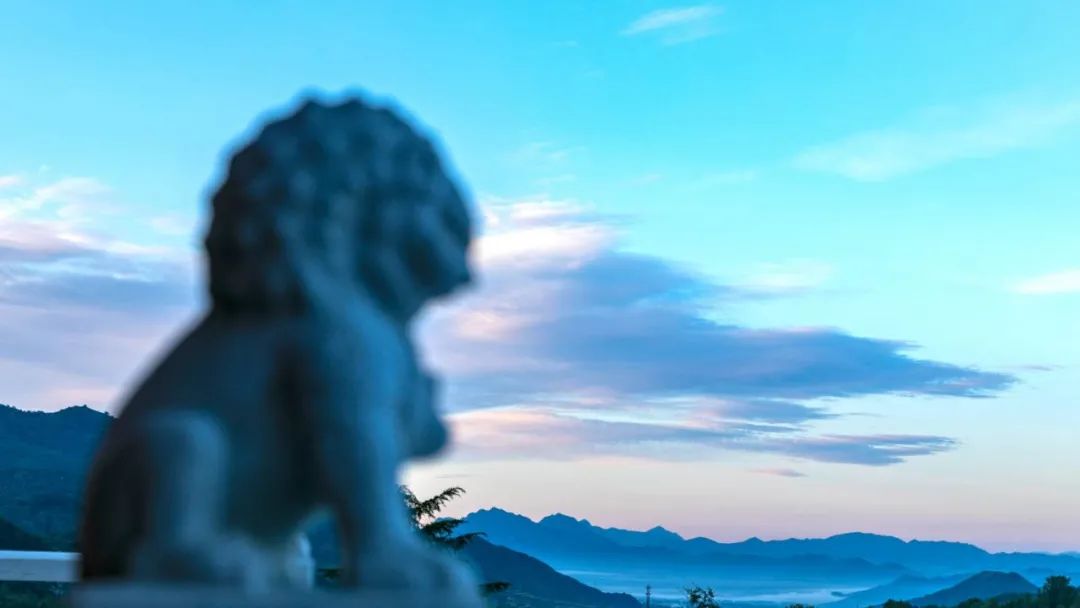
姜子牙姓姜,但是还有另外一个名字叫“吕望”。因为他的祖辈 有功,被封到“吕”这个地方,就依“吕”这个地方叫吕望,其实他 姓姜,又叫“姜太公”。为什么又叫太公呢?这是文王对他的尊称。他说:“我的父亲就希望得到你这样的拥有贤德之人。”所以我们大 家都尊敬姜尚,尊他为“姜太公”。
Jiang Zi-Ya had ‘Jiang’ as his family name, but he also had another name – ‘Lü Wang’. As his ancestors had served their state well, they had been rewarded with dukeship over Lü. As such, he was named ‘Lü Wang’ accordingly. In fact, his family name was ‘Jiang’ and he was also known as Grand Duke Jiang. Why was he also known as ‘Grand Duke’? This was the title given to him by King Wen. He had said, ‘You are the type of virtuous and morally-endowed person my father had hoped for me to know.’ That is how we all have come to respect the ‘Morally-wholesome Jiang’ and address him as ‘Grand Duke Jiang’.
他一生当中刻苦学习,参悟天地大道。开悟之后,八十岁到渭 河垂钓,他钓鱼却不用鱼钩。所以别人看他古怪,这个八十岁的老头 在那里干嘛?钓鱼线下面钩都没有还钓鱼?所以我们民间有一句话: “姜太公钓鱼,愿者上钩。”那他在做什么呢?姜子牙并不是真的在 钓鱼,他是在等一个人。用鱼钩可以钓到鱼,不用鱼钩可以钓到人, 而且是贵人。
Throughout his whole life, he worked hard at learning and was able to realize the Great Path of the Heaven and the Earth. After his enlightenment and at the age of 80, he had gone fishing at River Wei without the need of a hook People who saw him felt strange and wondered what this 80-year-old man was doing with a fishing line which did not have a hook at its end. Hence the saying ‘when Grand Duke Jiang fishes, the one who is willing is caught by him’ What was he doing then? Jiang Zi-Ya was not really fishing; he was waiting for some one. One uses a fish hook to catch a fish; but without a fish hook, he was trying to catch someone – someone who was in fact a benefactor.
请问人有没有贵人呢?人是有贵人的。我们人要遇到贵人了,他 就指引你走人生的光明大道。我们中国人说:“人往高处走。”我们 要得遇贵人,指引我们生命的正确方向,人往高处走。姜子牙就在河 边遇到他的命中贵人。
Let me ask if there are benefactors? Yes, we do have benefactors. When we meet our benefactor, he will direct us onto the illuminated great path of life. We Chinese say ‘it is human to reach for greater heights’. We need to meet our benefactor who will point out the correct direction in life for us and let us climb to greater heights. It was beside the river that Jiang Zi-Ya met his benefactor in life.
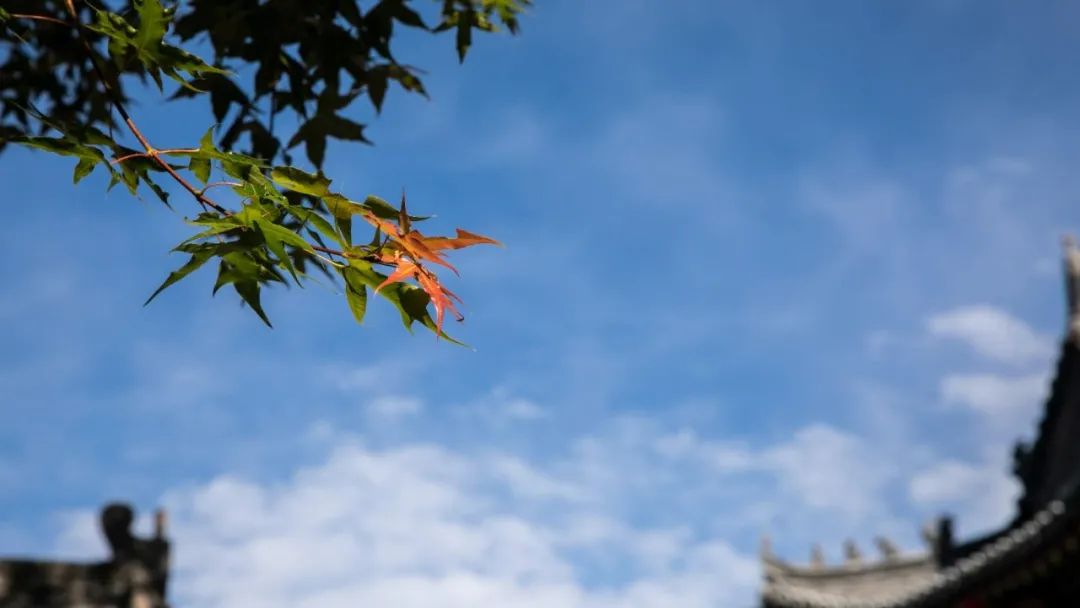
文王打猎路过渭河,看到这个不用鱼钩钓鱼的老头,就过来就跟 他聊天。文王一跟他聊,姜子牙上知天文,下知地理,无所不通。对 天下的形势,过去、现在、未来,全部都了如指掌。姜子牙告诉文王: “天下的气象在你文王,你将改变天下。”
When King Wen saw this elderly man who was fishing without a hook during his hunting trip along the River Wei, he went over to speak with him. As King Wen spoke with him, he noticed that Jiang Zi-Ya was extensive in knowledge – from astronomy to geography – and there was nothing in which he was not well-versed. He knew whatever that had happened in the world before, then and in the future like the back of his palm. Jiang Zi-Ya told King Wen, ‘the world is in your hands, and you will transform it.’
文王与姜子牙相谈甚欢,天色渐晚,就请姜子牙同乘回宫。那时候就有车了。你到秦始皇兵马俑去看,那时出土的车还带空调的,伞 它可以在天热的时候升上去,天凉的时候摇下来,四个窗全部都可以 开、可以关。一关特别暖和,一开特别凉快。这辆车大家都认为是当 时世界上最高级、最先进的车,我们老祖先的制造工艺是很厉害的。我们中国是世界上最早使用车的国家之一 , 传说黄帝时就有车。
King Wen and Jiang Zi-Ya enjoyed talking to each other and it soon got dark. King Wen invited Jiang Zi-Ya to travel with him back to the palace in his chariot. At that time, there was already the chariot. You can find these chariots which had been unearthed together with the Qin terracotta warriors. These chariots were even equipped with air-conditioning, sun-shades which could be propped up when it was sunny and kept when the weather was cool, and four windows which could be opened and closed. It was especially warm inside when the windows were being closed and very cool when they were opened. These chariots were the most high-end and advanced of their kind in the world at that time. The creative skills of our ancestors are astounding. China is one of the first countries to make use of the chariot. It has been said that the chariot could already be found during the time of Emperor Huang.
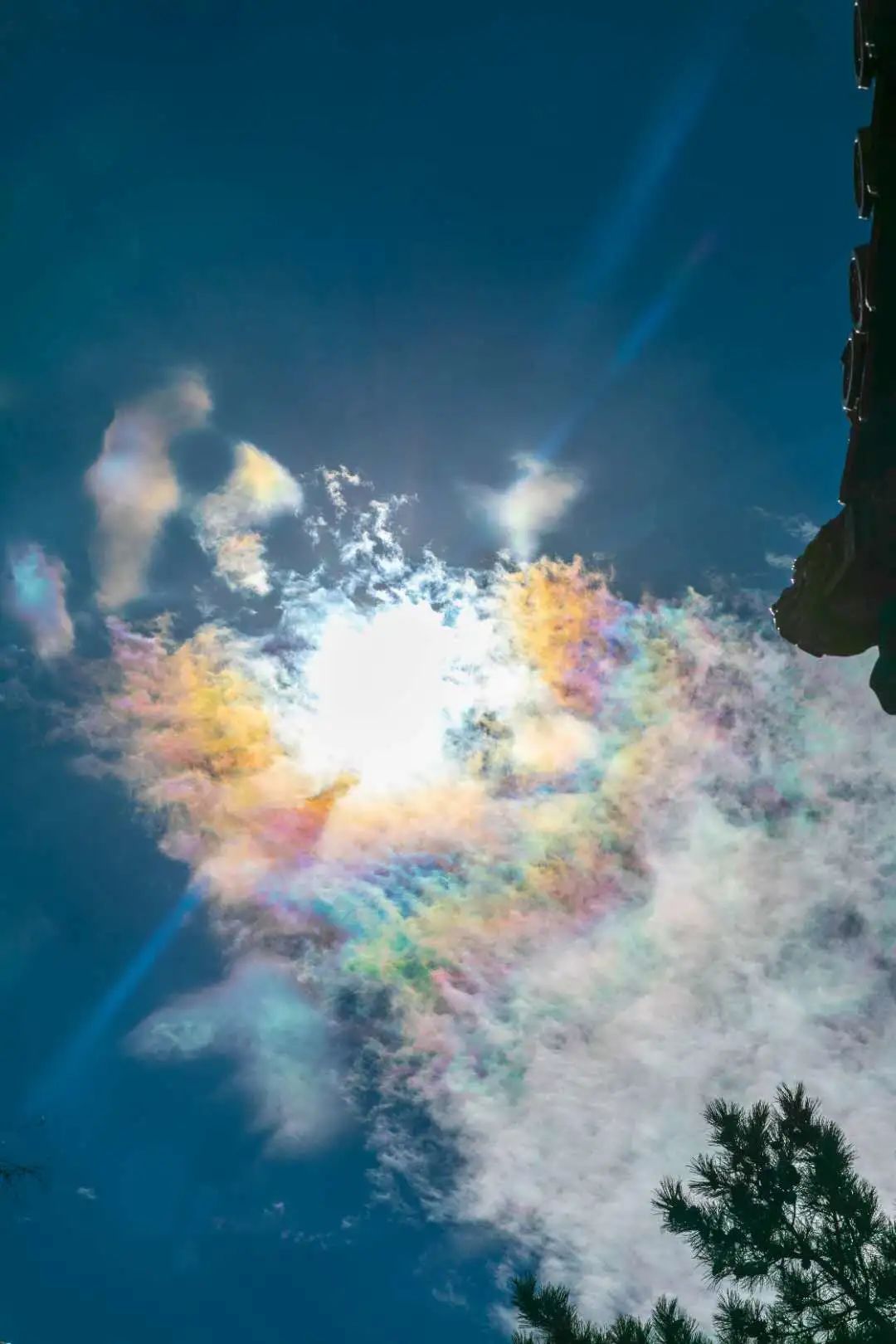
我们的老祖先在这个天地间是给我们争脸的。祖先们在整个地球 文明当中,曾长期保持领先,巍然屹立于世界民族之林。
Our forebears have done us proud. Among all the civilizations on this planet, our ancestors have long maintained the lead and established us firmly among its peoples.
我以前去过很多地方,不论到哪儿都喜欢去博物馆。像潍坊博物 馆我也去过,也去了高密博物馆和青州博物馆。去国外的时候也一样, 法国罗浮宫、大英博物馆、美国纽约大都会博物馆,我都去过。
I have been to many places in the past. I like to visit the museums no matter where I am. Like the Weifang Museum which I have been to, and the Gaomi and Qingzhou Museums. It is the same when I go abroad. I have been to the Louvre in France, the British Museum, and the New York Metropolitan Museum.
我在纽约博物馆里面看到,人类历史分成几大文明区域,有阿拉 伯的阿拉伯文明、有古雅典文明、有古巴比伦文明、有古埃及文明、 有古玛雅文明。博物馆里陈列的东方文明,属我们中国文明最辉煌, 我们这些炎黄子孙就是这个文明的继承者。
At the New York Metropolitan Museum, I saw that human history is being divided into several regions of civilization. There was the Arabic civilization - the ancient civilization of Athens, the ancient Babylonian civilization, the ancient Egyptian civilization, and the ancient Mayan civilization. Among the artefacts of the eastern civilizations that were being displayed in the museum, those of our very own Chinese civilization were the most glorifying. We, the descendants of Emperors Yan and Huang, are the heirs of this civilization.
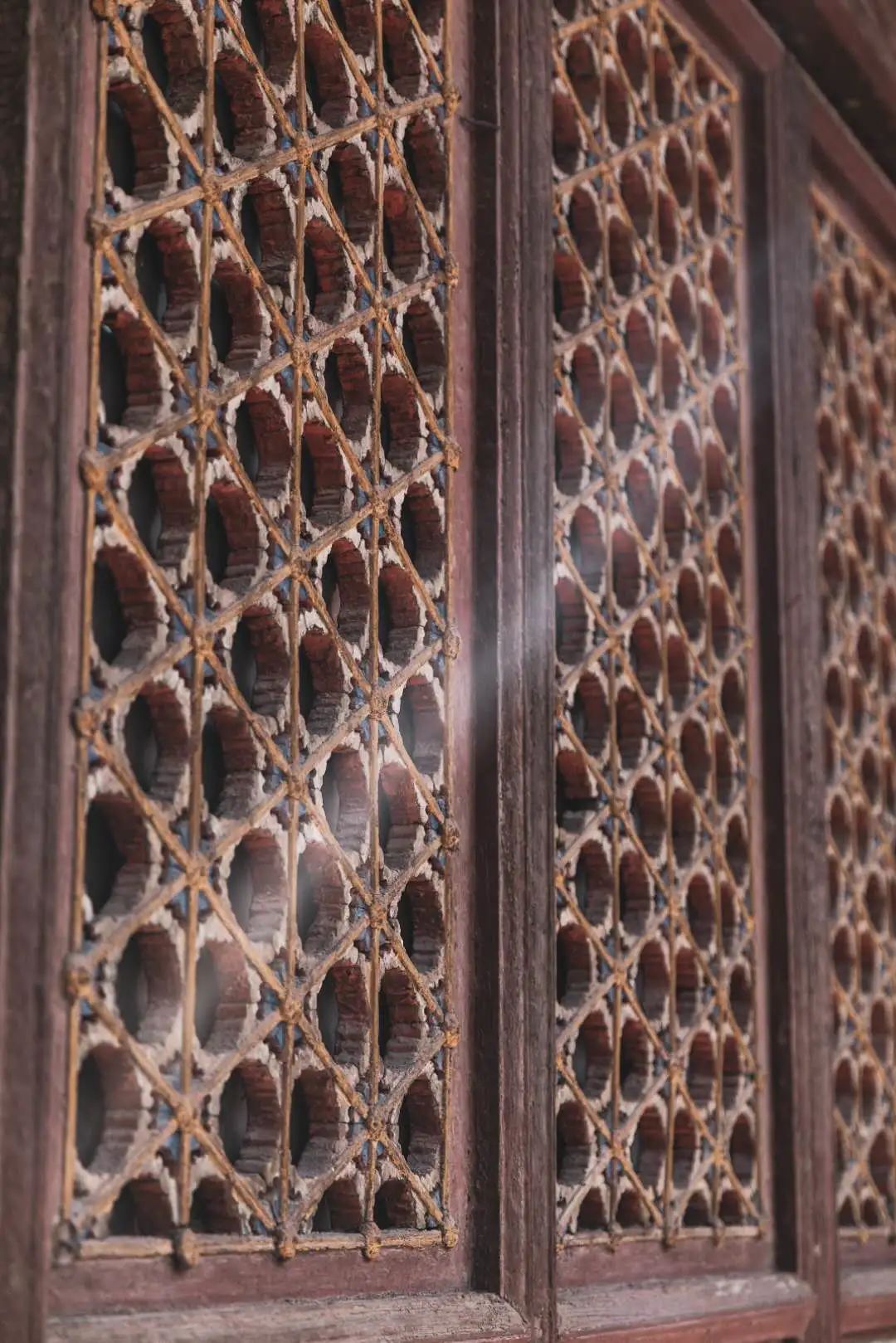
现在到埃及走走,会发现埃及历史上曾被多个帝国占领,古埃及 文明早已灭亡了,古巴比伦的子孙已湮灭在历史的陈迹中。世界五大 古代文明,唯有中国没有断绝自身文明的血脉传承。我们是龙的传人, 我们的祖先在人类历史上创造了先进的、辉煌的文明。
When we visit Egypt now, we will find that Egypt had been invaded by many empires in her history. Ancient Egyptian civilization had long been destroyed. The descendants of the ancient Babylonian civilization had already vanished in the annals of history. Among the five great ancient civilizations, only China has not broken its own civilizational bloodline. We are the heirs of the dragon and our forefathers have created an advanced and glorious civilization in human history.
文王将姜子牙请回宫之后便拜他为师,开始为推翻商纣王做准备。而且姜子牙那个时候就能破除迷信。那个时候要行兵打仗,先要抽签 问卦,烧乌龟壳占卜。在伐纣出征时,占卜结果并不是吉兆。但是姜 子牙把龟壳一脚踩在地上说:“龟壳不能说明什么问题!”这就表明了姜子牙作为军师,充满了智慧和自信,相信我们人的智慧,坚信我 要做的事情是顺天意的。后来文王去世,武王继位,他又帮助着武王 继续领兵打仗。
King Wen invited Jiang Zi-Ya back to his palace and subsequently made the latter his teacher in preparation for the overthrow of Emperor Zhou of Shang. Jiang Zi-Ya was already able to eradicate superstition at that time. When one had to pick up arms to go to war then, one had to divine by drawing lots and consult the divinatory trigrams [of the Book of Changes], and burn tortoise shells for one’s fortunes to be predicted. As they were setting off for the campaign against Emperor Zhou, the results of the fortune-telling were not auspicious. However, Jiang Zi-Ya stamped on the tortoise shell and said, ‘The tortoise shell does not tell us what our problem is!’ This had shown that as an army commander, Jiang Zi-Ya was full of wisdom and confidence. He believed in human wisdom and was strongly of the view that what he was about to do was in accord with the will of heaven. When King Wen died later, Jiang Zi-Ya continued to help King Wu who inherited the throne by leading his armies in war.
英文翻译&读诵:建成
慧日国际微信工作室
往期精选:
善師贊 Praise to the Wholesome Teacher
《妙法莲华经》(五百弟子受纪品第八)(Keith美式发音读诵)
【殊胜日功德亿倍】《妙法莲华经》(化城喻品第七)(Keith美式发音读诵)
【中英双语】《妙法莲华经》(授记品第六)(Keith美式发音读诵)
超能力、折叠时空、选择觉醒还是酷炫的神通?——「慧」看电影之《奇异博士》
最新视频《祈愿Praying》全网首发,祈愿世界疾疫消除、众生吉祥安乐

什么!?慧日国际佛学平台招募义工,还不赶快报名!
我们用心选择图文,陪伴读者走过漫漫时光,如果您也怀揣信仰,
擅长英语、法语、德语、意大利语、西班牙语、葡萄牙语、俄语、韩语、日语、瑞典、挪威语、荷兰语、泰国语等语种翻译,文字编辑,和图文海报设计,那就别犹豫啦!邮箱:Huiriguoji_recruit@qq.com
~随喜转发~
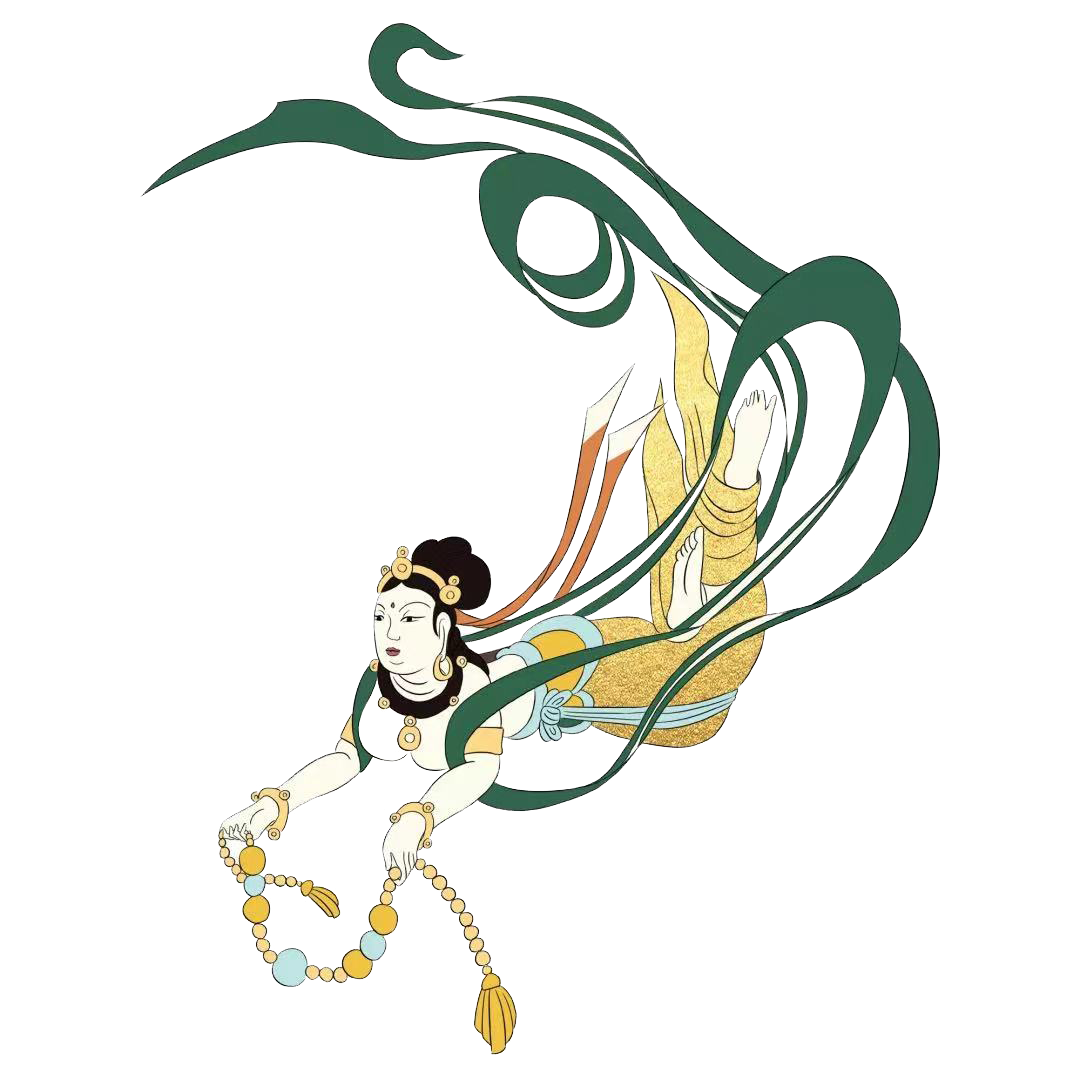


关注公众号
发菩提心
慧日国际佛学HRIB
义工招募:
如果您对微信排版、海报设计、多语种翻译有兴趣
请和我们联系吧!
- 相关文章
- · 为什么说《普贤行愿品》殊胜不可思议?
- · 永怀祖德|净土宗十三祖印光大师诞辰161周年纪念
- · 一旦沾到智慧的光芒,生命就变得有几分神圣了
- · 怎么"借"佛光?
- · 三百年来,一人而已|恭迎净宗十三祖印光大师诞辰纪念日
- · 智慧增长的逻辑推理就在这里
- · 这是我的心灵常来朝拜的地方
- · 【佛教故事】不拿佛法做人情——记来果老和尚二三事
- · 【悟道法师净土精要】心依四念处而住
- · 功德真实不虚
- · 【法语视频】慧日法语甄选|这就是在消业障
- · 遇著境界,放不下的也要放下
- · 看这部精美的动画片,你能始终保持清醒吗?
- · 圆瑛大师:修持当如何用功,方收确切之效?
- · 生命的资粮,要在这里积累
- · 法是轨则,能令我们得清净
- · 选择一种不后悔的活法
- · 印光大师:皈依之名甚易得,皈依之实极难修
- · 以圆教的见解摄持一切因行
- · 【西班牙英语韩语视频】慧日法语甄选|认识心的真相